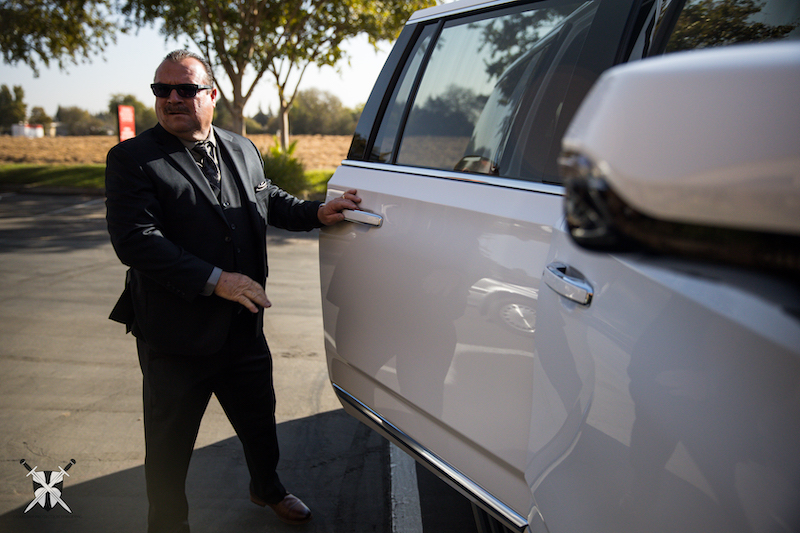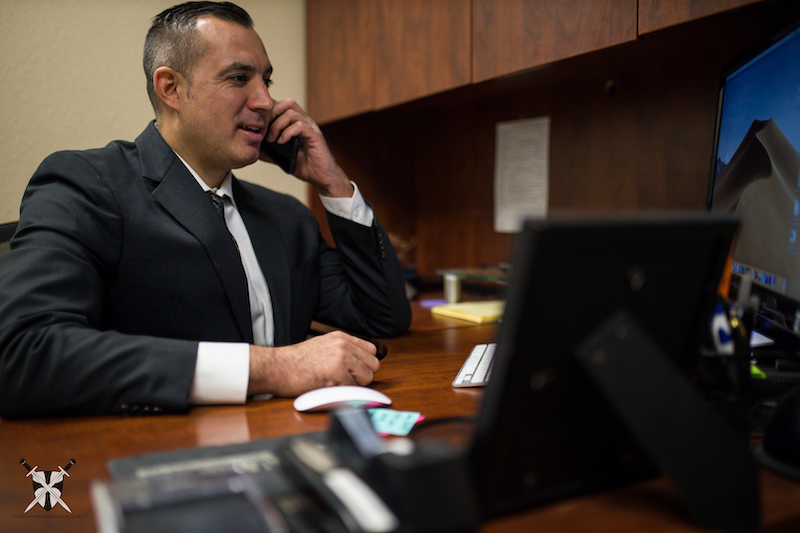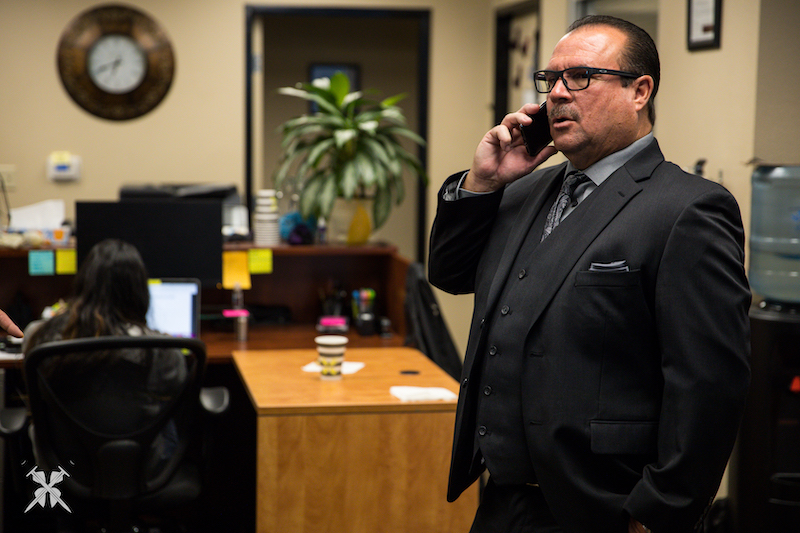The Rising Threat to Executives Continues: Why Executive Protection is More Important Than Ever
The Rising Threat to Executives Continues: Why Executive Protection is More Important Than Ever
Recent events have highlighted the growing risks faced by corporate executives, reinforcing the critical need for robust security measures. The latest incident in Lake Oswego, Oregon, where shots were fired at the home of Chip Terhune, CEO of SAIF Corporation, serves as yet another wake-up call for organizations to reassess their executive protection strategies.
The Reality of Executive Threats
The attempted attack on Terhune’s home is particularly concerning because it appears to be targeted. Authorities are investigating whether the shooting was aimed at him personally, raising alarm about potential threats against executives in high-profile positions. What’s more troubling is that Terhune and his employees received email threats, indicating a level of premeditation that companies cannot afford to ignore.
This incident follows the high-profile murder of Brian Thompson, the former CEO of UnitedHealthcare, which sparked a national conversation about corporate safety. Executives in the insurance, healthcare, and financial industries—where decisions impact millions of people—are increasingly becoming targets for violence, harassment, and cyber threats.
Why Executive Protection is Essential
At Guardian Protection Force, we recognize the unique risks corporate leaders face. Executive protection isn’t just about having a bodyguard—it’s about comprehensive risk management that ensures safety both at work and at home. Here’s why companies must take executive security seriously:
1. Threats Are Becoming More Sophisticated
Gone are the days when physical security alone was enough. Today, threats come in many forms, including:
- Physical attacks like the one on Terhune’s home.
- Cyber threats that expose personal and corporate information.
- Stalking and harassment, both online and in person.
- Kidnapping and extortion, especially for executives with high net worth.
2. Employee and Family Safety Matters
As seen in the Terhune case, threats can extend beyond the executive to their employees and families. When attackers mention personal details about employees and their relatives, it raises the stakes significantly. Companies have a duty of care to protect not only their executives but also their staff from potential harm.
3. Business Continuity Depends on Leadership Security
An attack on a company leader can cripple business operations, damage the organization’s reputation, and cause financial instability. By investing in executive protection services, companies can mitigate these risks and ensure business continuity even in times of crisis.
How Guardian Protection Force Can Help
At Guardian Protection Force, we specialize in executive security solutions tailored to your organization's unique needs. Our high-caliber security services include:
- Threat Assessments – Identifying potential risks to executives and their families.
- 24/7 Monitoring & Intelligence – Detecting and mitigating threats before they materialize.
- Residential & Office Security – Protecting executives at work and at home.
- Secure Transportation & Travel Security – Ensuring safety in transit.
- Emergency Response Planning – Preparing for worst-case scenarios.
Conclusion
The attempted attack on Chip Terhune serves as a stark reminder that executives are not immune to threats. From workplace violence to targeted attacks, the risks are real and growing. Companies must take proactive security measures to protect their leadership, employees, and families.
At Guardian Protection Force, we stand ready to provide the highest level of executive protection to ensure safety, confidence, and business continuity. Don’t wait for a crisis—secure your leadership today.




